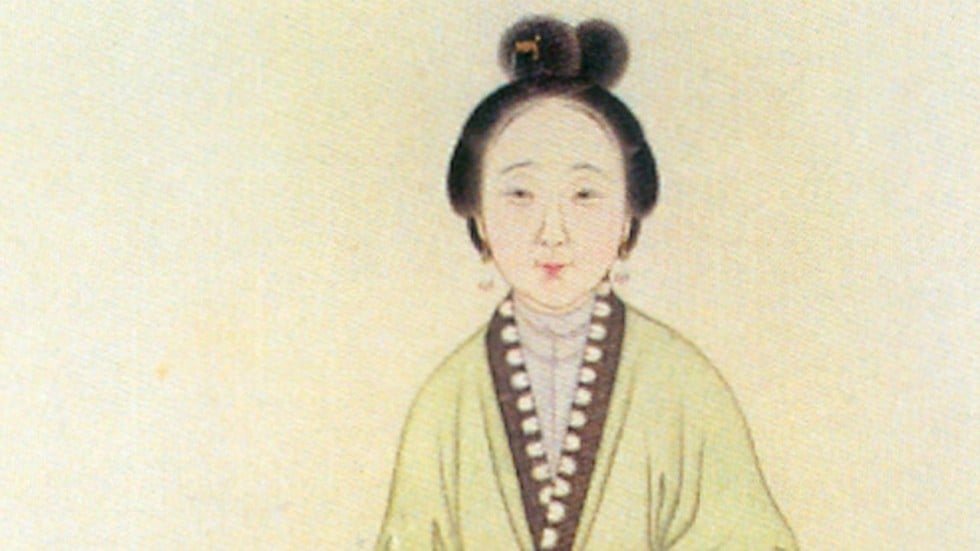
The latest hit show on Chinese television screens is a period drama about scheming concubines in the Qing dynasty court. The Story of Yanxi Palace has attracted record-breaking viewership and spawned memes galore.
While imperial consorts vying for affection and power make juicy plots, several of them have played pivotal roles in China’s history.
Back-stabbing concubines draw record-breaking 530 million viewers
Here are five concubines whose relationships and exploits have helped shape the country.
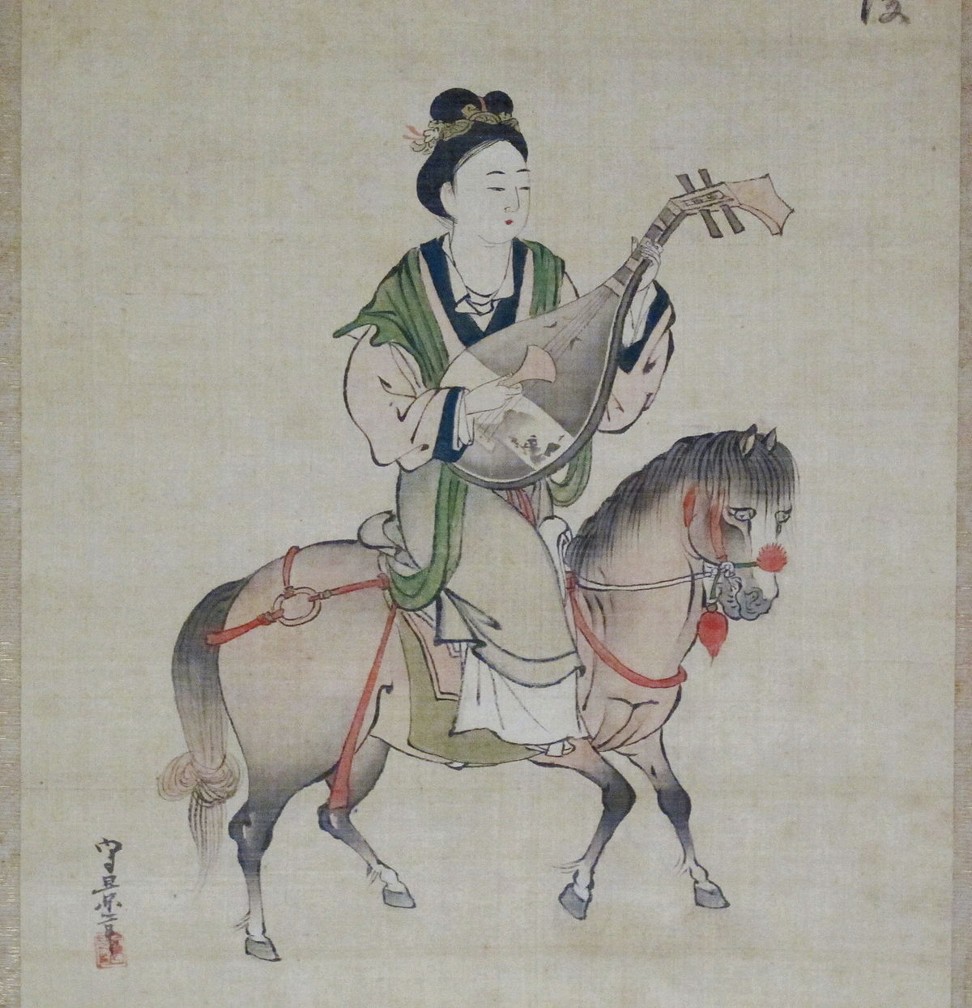
1. “The Peacemaker” Wang Zhaojun (Han dynasty, 206BC-8AD)
Wang Zhaojun was a Han Chinese who married the Xiongnu leader Chanyu Huhanye. She was instrumental in maintaining peace between the tribal kingdom and the Han court.
The Xiongnu were nomads who occupied a region spanning modern-day Mongolia, parts of northern China and Central Asia. They had fought the Han in border skirmishes for years. In 53BC, a tributary relationship was established between Xiongnu and the Han court. Wang Zhaojun was sent to marry Huhanye to seal the alliance.
Their marriage produced two sons and at least one daughter. Historians and poets have praised Wang for her role in ensuring a decades-long truce between the Xiongnu and Han.
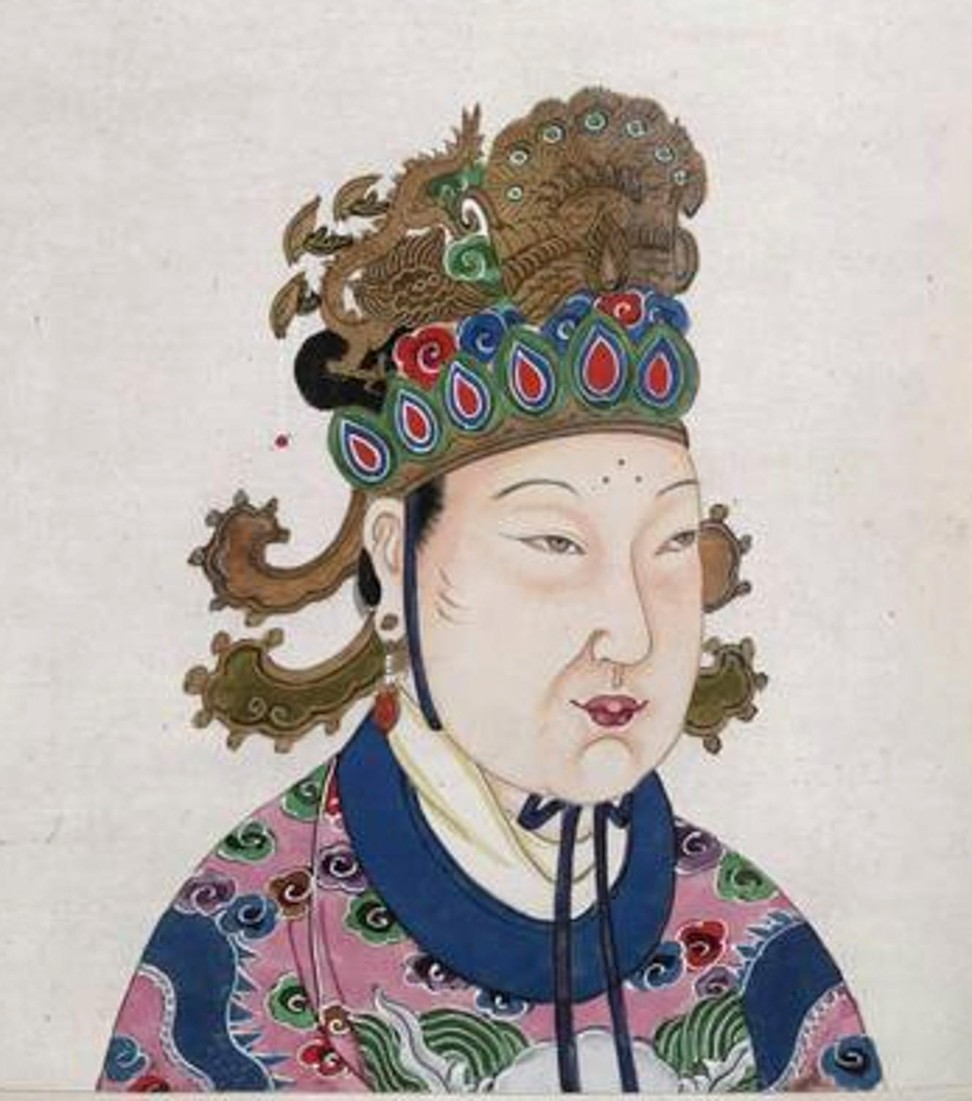
2. “The Empress” Wu Zetian (Tang dynasty, 624-705)
Wu Zetian went down in history as the only female sovereign to have ruled China in more than two thousand years, in both title and deeds. She entered the imperial court at 14 as a concubine to Emperor Taizong, the second emperor of the Tang dynasty.
Taizong died when Wu was 25. She evaded a life in the monastery destined for widows and became concubine to his successor, Gaozong. Wu began a long journey to power and decreed herself the first empress in China at age 66, ruling for another 15 years until her death.
Wu has long been portrayed as a ruthless woman. Conspiracies such as the empress killing her own daughter to frame a rival have been depicted multiple times in Chinese films and TV shows. However, her reign expanded the territory of the Chinese empire and brought reforms to the court and civil society.
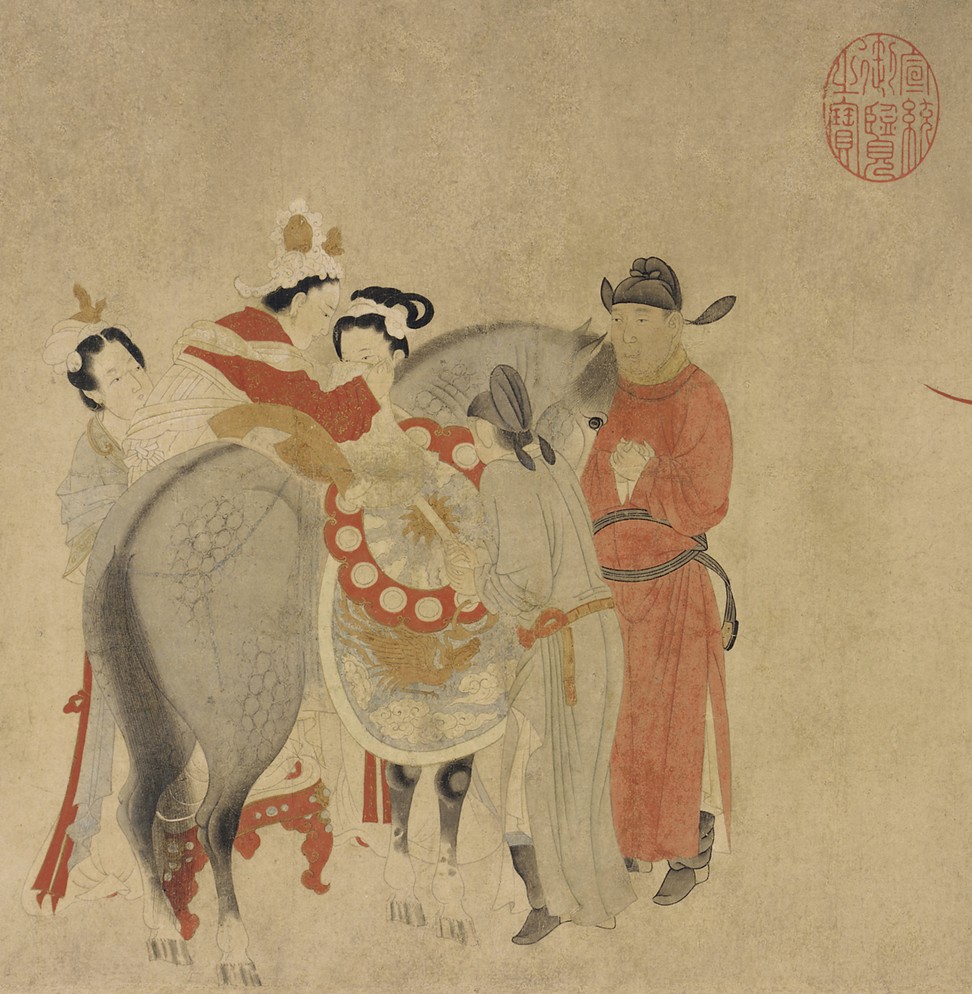
3. “The Scapegoat” Yang Yuhuan (Tang dynasty, 719-756)
Better known as Yang Guifei or Consort Yang, Yang Yuhuan was also involved with a father and his son. The great-grandson of Wu, Emperor Xuanzong, made Yang his concubine even though she had been his son’s wife. She was 27 years old to his 61.
The old emperor was besotted with Yang and spent most of his time with her rather than governing. He also gave important positions to the concubine’s relatives, which led to the An Lushan Rebellion. General An cited the corruption of Yang’s family as the reason for the uprising.
The revolt forced Xuanzong and Yang to flee the capital. While escaping, the imperial guards demanded Yang be put to death, blaming her for the unrest. Powerless to resist, Xuanzong ordered her strangled. She was 38. The rebellion was quashed after eight years. However, it was the beginning of the end for the Tang dynasty.
The Story of Yanxi Palace: sovereignty test to watch new episodes
4. “The Pawn” Chen Yuanyuan (Ming dynasty, 1624-1681)
Born in a time of unrest, Chen Yuanyuan was orphaned at a young age. She had worked as a courtesan before becoming a concubine of Wu Sangui, a Ming dynasty military general.
Wu Sangui single-handedly brought about the fall of Ming dynasty. He opened the Shanhai gate, a strategic pass on the Great Wall that kept out the Manchurians or Qing to the north. Wu let the invading Qing army through and helped them capture the capital city.
Folklore later explained Wu Sangui defected because another Ming general, Liu Zongming, had kidnapped Chen. Wu Sangui was furious and is reputed to have said: “How can I face anyone if I can’t even protect a woman?”
The fate of Chen after the war is not known.
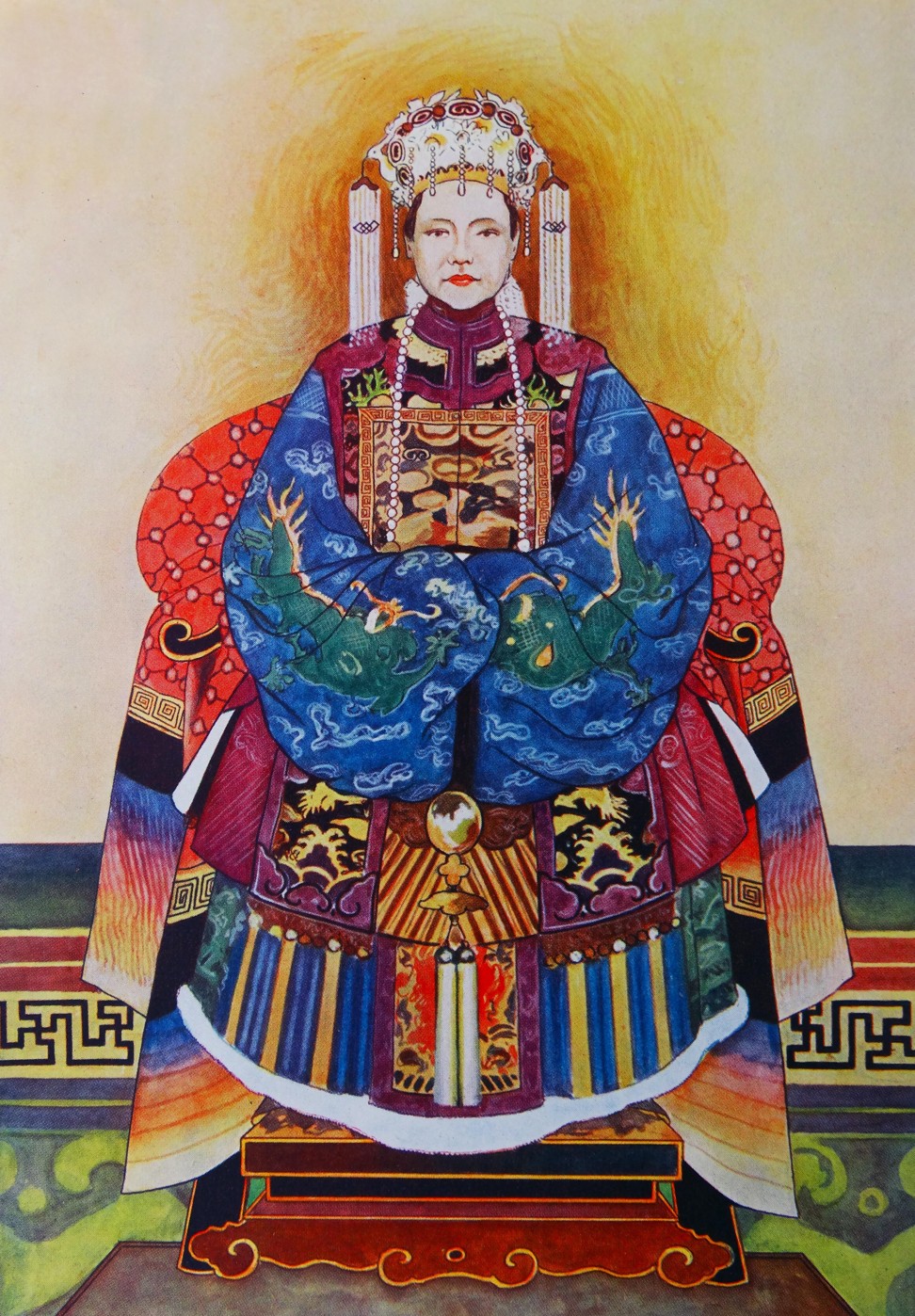
5. “The Despot” Cixi (Qing dynasty, 1835-1908)
The Empress Dowager Cixi is an infamous figure in early modern Chinese history. Her 50-year rule as a regent in the 19th century ushered in the end of imperialism in China.
Cixi entered Emperor Xianfeng’s court at 16 and became his favoured concubine. When Xianfeng died, her five-year-old son was made Emperor Tongzhi. Two Empresses Dowager and a group of regents were appointed to help him rule. However, Cixi plotted the 1861 Xinyou Coup and installed herself as the sole regent.
During Cixi’s rule, China experienced much social upheaval and foreign interference, such as the second opium war. The empress dowager was ill-equipped to deal with these challenges and continued her extravagant lifestyle.
‘China’s Netflix’ wants to build Disney-scale entertainment empire
By the time of her death, the country was in a state of anarchy that paved the way for revolutionaries such as Sun Yat-sen to found a new China.







